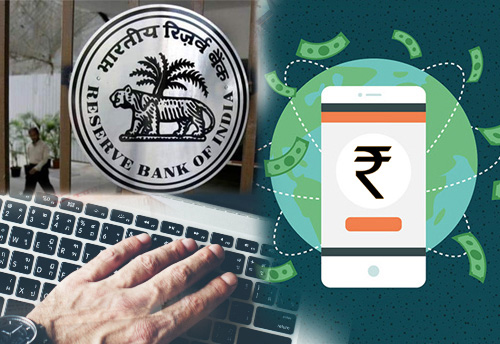RBI releases draft framework for Regulatory Sandbox; invites stakeholders comments
Updated: Apr 20, 2019 06:46:17am

RBI releases draft framework for Regulatory Sandbox; invites stakeholders comments
New Delhi, Apr 20 (KNN) The Reserve Bank of India has released the draft ‘Enabling Framework for Regulatory Sandbox’ for stakeholder’s feedback.
In a notification, RBI said “Comments on the draft guidelines are invited from stakeholders by May 08, 2019.”
According to the draft, the sandbox will allow the regulator, the innovators, the financial service providers (as potential deployers of the technology) and the customers (as final users) to conduct field tests to collect evidence on the benefits and risks of new financial innovations, while carefully monitoring and containing their risks.
Areas that can potentially get a thrust from the regulatory sandbox include microfinance, innovative small savings and micro-insurance products, remittances, mobile banking and other digital payments.
The RBI draft is based on recommendations from an inter-regulatory committee headed by a former executive director of RBI, Sudarshan Sen. The working group, constituted in July 2016, has members from all major financial regulators such as RBI, SEBI, IRDA, PFRDA, NPCI, IDRBT, select banks and rating agencies.
The draft released by RBI said that “By providing a structured and institutionalized environment for evidence-based regulatory decision-making, the dependence of the regulator on industry/stakeholder consultations only is correspondingly reduced.”
The focus of the sandbox will be to encourage innovations where there is absence of governing regulations; there is a need to temporarily ease regulations for enabling the proposed innovation and the proposed innovation shows promise of easing/effecting delivery of financial services in a significant way, it added.
It said that the regulatory sandbox shall be based on thematic cohorts focusing on financial inclusion, payments and lending, digital KYC, etc. The cohorts may run for varying time periods but should ordinarily be completed within six months.
The draft, however, has clarified that those startups offering crypto solutions and ICOs, will not be allowed to test regulatory sandbox. (KNN/YV)











